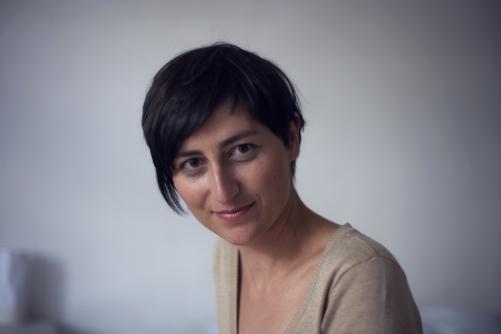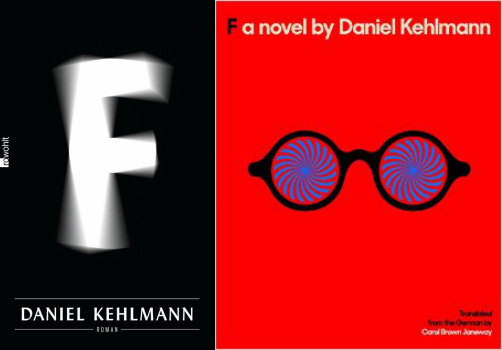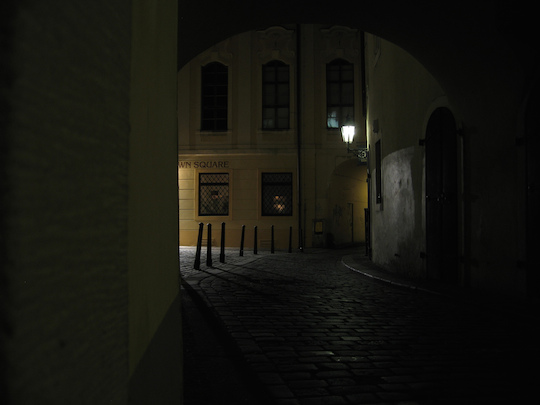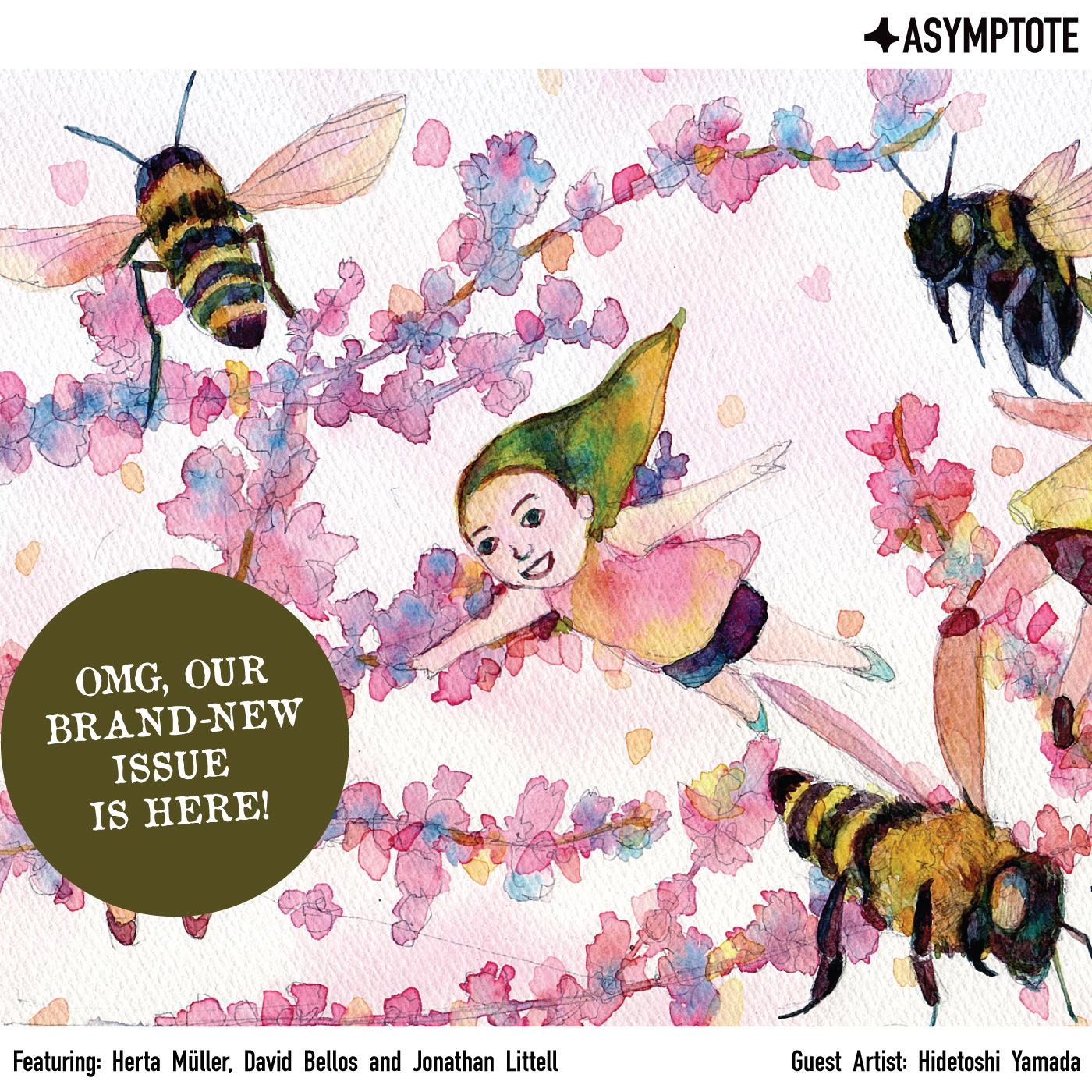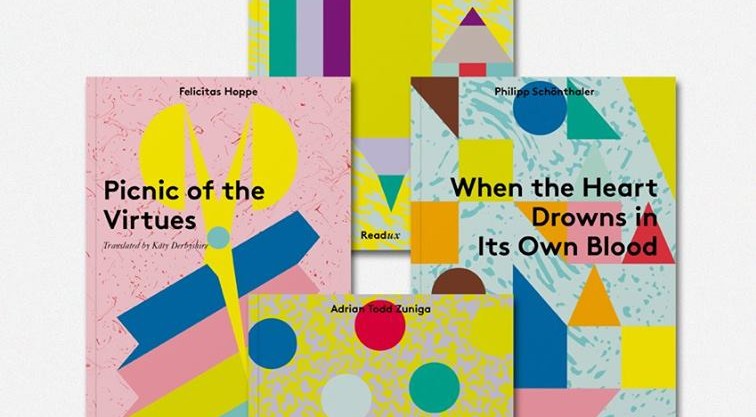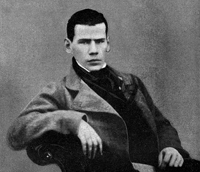noon
outside the shadows are dwindling
but we are so tired again.
above us the sun stands at midday
around us the thicket of high
buildings: inside couples lie close
and barely know one another.
we are there too, you and me too
on the floor. my skin cools against
yours, outside as always the heat
but I am as always too cold. are you
asleep, my friend? one clock hand stopped
dead on top of the other and someone
shouts NO and then again NO and
the shadows between us start to grow
***
‘write down what we had.’ we had
one or two poems, three or four weeks
the city towers as our primeval forest
and burrowed inside we two in the
yellow light of a streetlamp, between
the tree trunks cast of metal and glass.
there was no sun, for the time I was with
you, for that time the rain held us at bay
for that time everything drifted away: all
your money, my shoes, the time and my
dream of animals in a totally rain-swept zoo:
a unicorn out for the count, motionless bears
a dripping-wet peacock. high above us flew
a swarm of foxes, we hardly heard them at all.
for, whatever you say, there were two of us,
and everyone else was lost without trace.
***
first she took him by the hands
then she left him by the ferns
in the furthest part of the forest
alone. time passed in an instant
between the birches the heat flared
then night fell hard one more time
birds swivelled their heads to face him
slowly two-hundred and seventy degrees
but he had not marked his way back
to the glittering cities of central Europe
with a single crumb of bread.
mushrooms sprouting round his feet
the feel of fur brushing past him
out of nowhere, front and behind
shadows, above him trees creaked
the southern sky kept on turning
and kept on turning in circles or
had he just heard that said or
read it in the books of his friends?
what had gone wrong? had it gone wrong?
***
Read the poems in their original German here, and listen to the author read her work here.
***
Ulrike Almut Sandig was born in 1979 in Großenhain, Saxony, and now lives in Berlin. In 2005 she completed a degree in theology and modern indology and in 2010 she graduated from the German Literary Institute in Leipzig. Alongside various editorial activities, she has published three volumes of poetry—Zunder (2005/2009), Streumen (2007), and Dickicht (2011)—and Flamingos (2010), a collection of short stories, as well as radio plays. She has been granted residencies in Helsinki and Sydney and won numerous prizes, including the prestigious Leonce-und-Lena Prize (2009) and, most recently, the Droste Award for Emerging Talent (2012).
Karen Leeder is an academic and writer. Her translations of German poetry have appeared in a variety of journals including Poetry Review, PN Review, Domus (Italy) and MPT. Her volume of Evelyn Schlag’s Selected Poems with Carcanet in 2004 won the Schlegel-Tieck Prize in 2005, and her translations of Durs Grünbein’s “Childhood in the Diorama” won the Times Stephen Spender prize in 2013. Her translations of Sandig poems have appeared in MPT (UK) and SPORT (New Zealand) and she received a Deutsche Übersetzerfonds award in 2014. She will translate Sandig’s Flamingos for Liverpool University Press in 2015.
Published with permission from: Ulrike Almut Sandig, Dickicht. Gedichte. © Schöffling & Co. Verlagsbuchhandlung GmbH, Frankfurt am Main 2011.
Read more:

